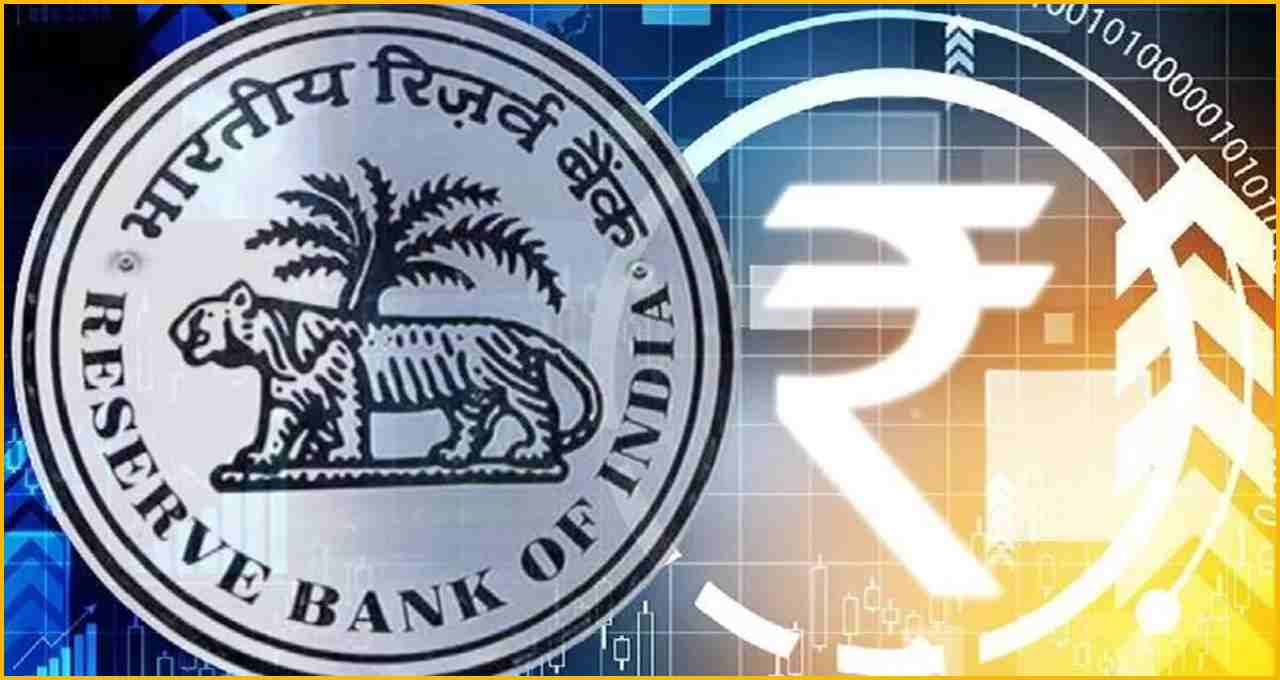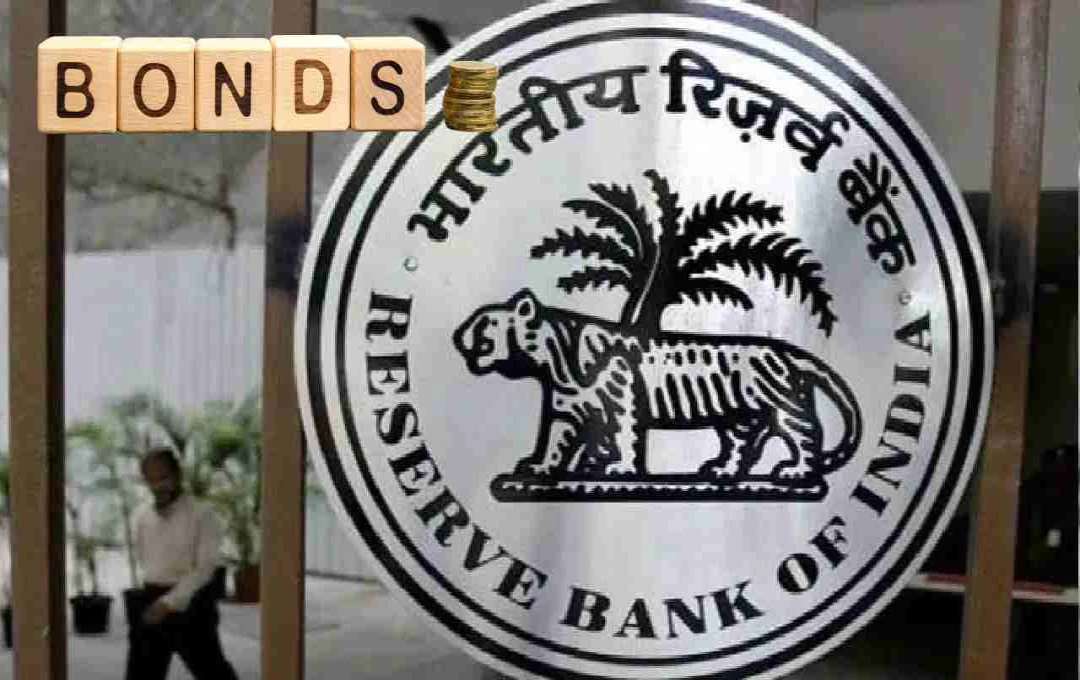RBI Bond Investment: Also known as Government of India Savings Bonds or Floating Rate Savings Bonds, these bonds can be purchased through single, joint, or minor accounts.
Every investor seeks a stable and reliable return on investment to secure their future. While mutual funds and various government schemes exist in the market, RBI-issued bonds are considered particularly safe and profitable. This is primarily due to their high-interest rates coupled with the absence of significant risk.
These Reserve Bank of India bonds are an effective tool for long-term investment, offering better returns compared to bank FDs, post office schemes, and PPF. Since these bonds are issued directly by the Reserve Bank, the security of the investment is unquestionable. A fixed interest rate is paid on the invested amount. Launched in 2003, this investment option is also known as the Government of India Savings Bond or Floating Rate Savings Bond.
Why are RBI Bonds the Best Option for Investors?

RBI bonds are considered one of the most reliable and profitable investment options. While bank FDs and PPF offer interest rates typically ranging from 7% to 7.25%, RBI bonds currently offer an attractive interest rate of 8.05%. Furthermore, the interest rate on these bonds is reviewed twice a year, making them less susceptible to market fluctuations. Being government-issued, they are considered the safest investment.
However, RBI bonds have a 7-year lock-in period. If the bond is redeemed before this period, the investor may have to pay a penalty. For example, investing ₹500,000 for 7 years at an interest rate of 8.05% would yield approximately ₹860,000 at maturity, a profit of roughly ₹360,000. Interest is paid biannually on January 1st and July 1st.
Investment in RBI bonds can start with a minimum of ₹1,000, with no upper limit. Furthermore, investments can be made entirely online, making it a highly convenient option in today's digital age.
Important Considerations When Investing in RBI Bonds

It is essential to consider certain crucial aspects when investing in RBI bonds. Firstly, the interest income from these bonds is taxable, unlike some schemes like PPF where interest is tax-free. Additionally, RBI bonds have a long lock-in period, preventing investment for only 1 or 2 years.
Special concessions are offered to senior citizens—the lock-in period is reduced to 6 years for investors aged 60-70, 5 years for those aged 70-80, and 4 years for those above 80.
Furthermore, a nominee facility is available with RBI bonds. In the event of the bondholder's death, the principal amount and interest are directly transferred to the nominee, making it a secure option for investors and their families.














